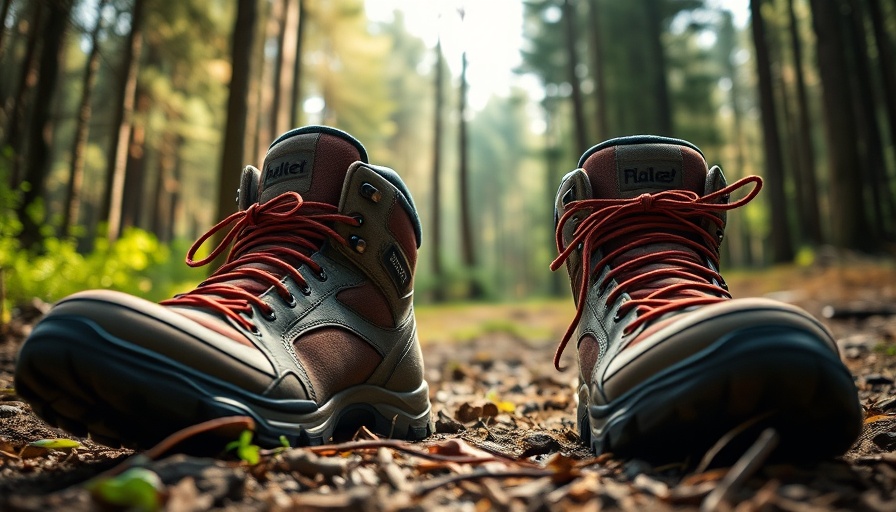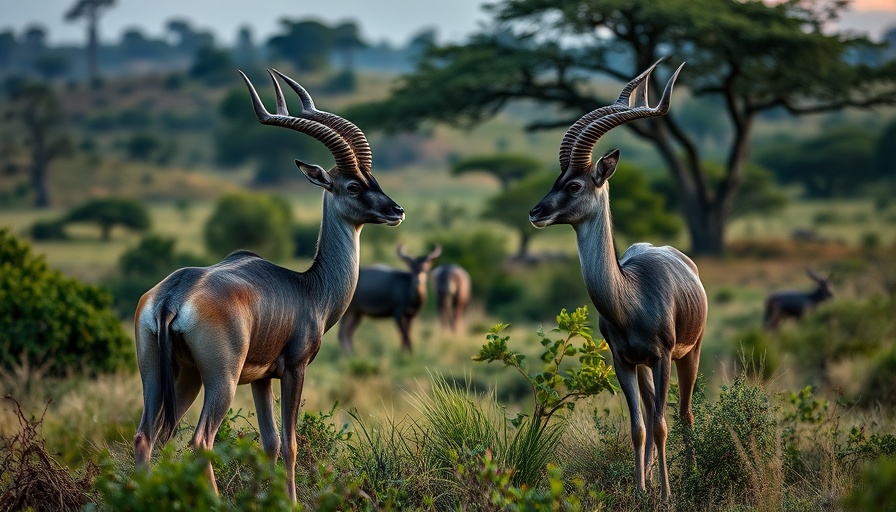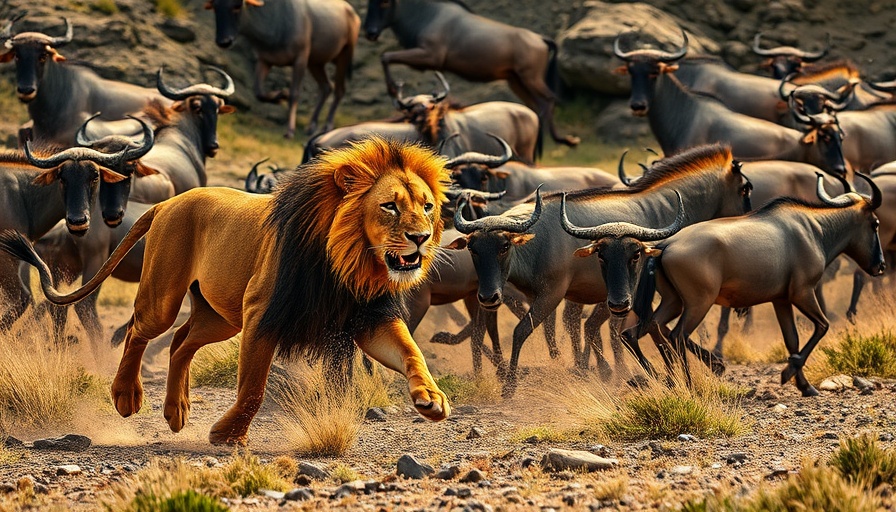
Explore South Africa’s Wild Trails with the Right Hiking Boots
When it comes to exploring the wild trails of South Africa, having the right hiking boots is non-negotiable. Whether you're a seasoned trekker or just starting your hiking journey, the performance of your footwear can significantly affect your adventure. As the country boasts a diverse range of landscapes—from the rugged Drakensberg Mountains to the sweeping plains of Kruger National Park—it's crucial to pick boots that meet the demands of each unique terrain. Here are the standout features to look for in the best hiking boots for South Africa’s wild trails.
1. Durability Is Key
The best hiking boots for South African adventurers are constructed to endure harsh conditions. Look for boots with reinforced toe caps, abrasion-resistant materials such as full-grain leather, and double-stitched seams that provide enhanced durability. These features help ensure your boots can withstand rigorous trails where wear and tear are guaranteed.
2. Proper Ankle Support Helps Prevent Injury
South Africa's trails can often be uneven, making stability crucial. Boots with mid- or high-cut designs provide essential support to your ankles, helping reduce the risk of sprains or twists on unpredictable ground.
3. Waterproof Yet Breathable Technology
Sudden rain showers or early morning dew can dampen your hiking experience, so it's vital to choose boots equipped with waterproof materials like GORE-TEX®. This technology ensures your feet stay dry while allowing sweat to escape, creating a perfect balance ideal for the humid climates or cooler regions you may encounter.
4. Traction for Every Surface
A good hiking boot is only as reliable as its grip. Look for boots with a Vibram® outsole featuring deep, aggressive lugs. This provides traction on slippery rocks, loose gravel, or muddy slopes, enabling you to navigate through diverse terrains confidently.
5. Comfort for Long Days
Hiking can be strenuous, making comfort paramount. Opt for boots that feature cushioned midsoles and ergonomic footbeds tailored to your stride. Testing boots with your preferred hiking socks is essential to ensuring a snug fit that prevents fatigue over long distances.
6. Lightweight Designs for Longer Hikes
Weight matters when you’re trekking long distances. Modern hiking boots utilize lightweight yet durable materials, conserving your energy on multi-day adventures while not compromising on protection.
7. Space Meets Design
To avoid blisters and hotspots, proper fit is essential. Look for boots with a snug heel cup and a roomy toe box, along with adjustable lacing systems that allow you to customize the fit to your foot shape effectively.
8. Comfortable Break-In Period
The best hiking boots ideally require minimal break-in time. If you find that your boots aren’t comfortable after a short 20 km trial, it’s a sign to keep searching for a better fit.
9. Breathability Matters
In South Africa’s hot conditions, breathability cannot be overlooked. Seek boots with ventilated mesh panels that help keep your feet cool, steering clear of insulated models meant for colder climates.
10. Trustworthy Brands
Opt for well-respected brands such as Salomon, Merrell, or Hi-Tec, known for their durability and reliability. Investing in quality boots typically comes with warranties, ensuring your footwear lasts through all your toughest adventures.
FAQs About Hiking Boots
Outfitting yourself with the right hiking boots invites many questions. Some inquiries include:
- How do I break in new hiking boots? Start with short walks to adjust to your boots and gradually increase distance.
- Are trail runners suitable for South Africa’s trails? For short, well-maintained paths, trail runners may suffice, but technical terrain calls for the sturdiness of hiking boots.
- How do I maintain waterproofing? Reapply waterproofing treatments annually, and allow boots to air-dry away from direct heat.
- Why invest in expensive boots? Higher-quality boots often last longer and provide better performance when tackling challenging trails, an investment in both safety and comfort.
- When should hiking boots be replaced? Monitor wear on soles and uppers; boots should typically be replaced every 800–1,200 km based on usage.
- Where can I find the best hiking boots in South Africa? Established brands like Hi-Tec and Merrell frequently offer boots backed by good warranties, perfect for local adventures.
As you plan your hiking excursions, consider these key features when selecting hiking boots, ensuring your time on South Africa’s trails is as enjoyable and safe as possible. Happy hiking!
 Add Row
Add Row  Add
Add 




Write A Comment